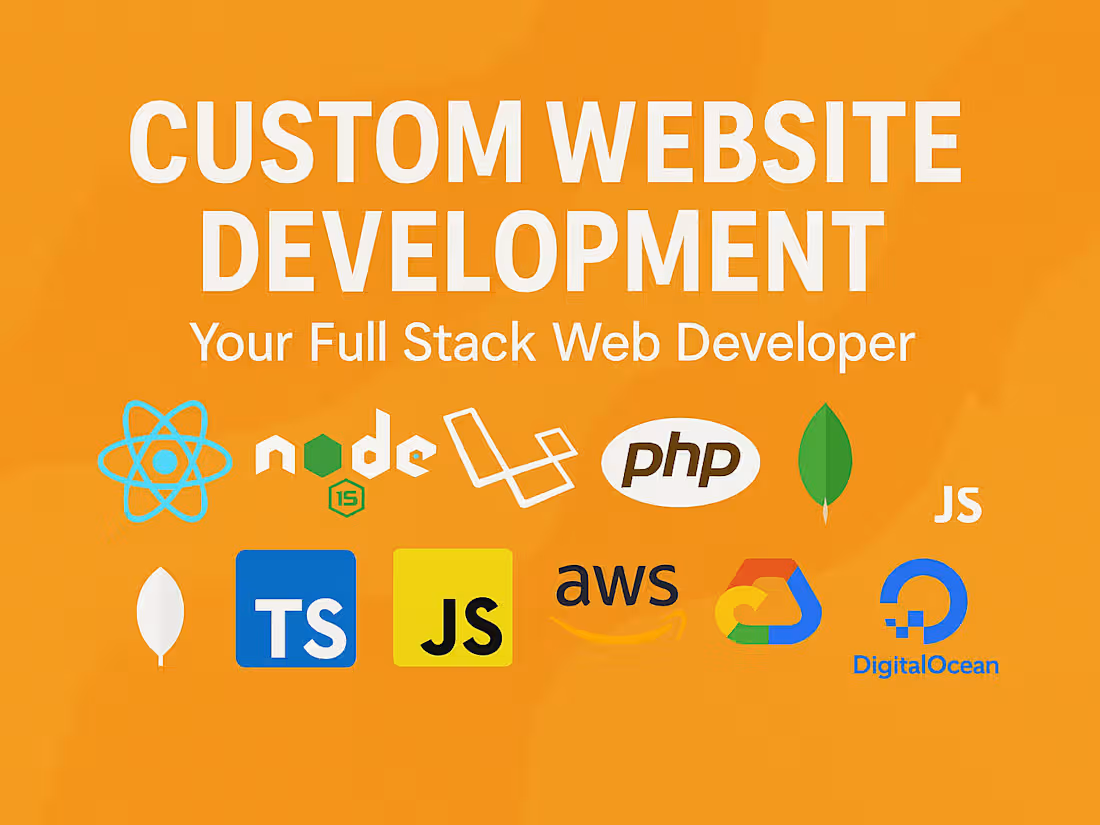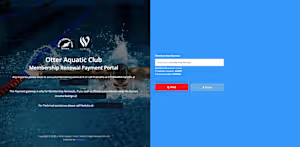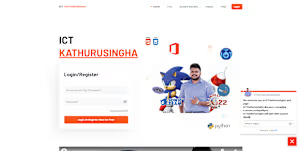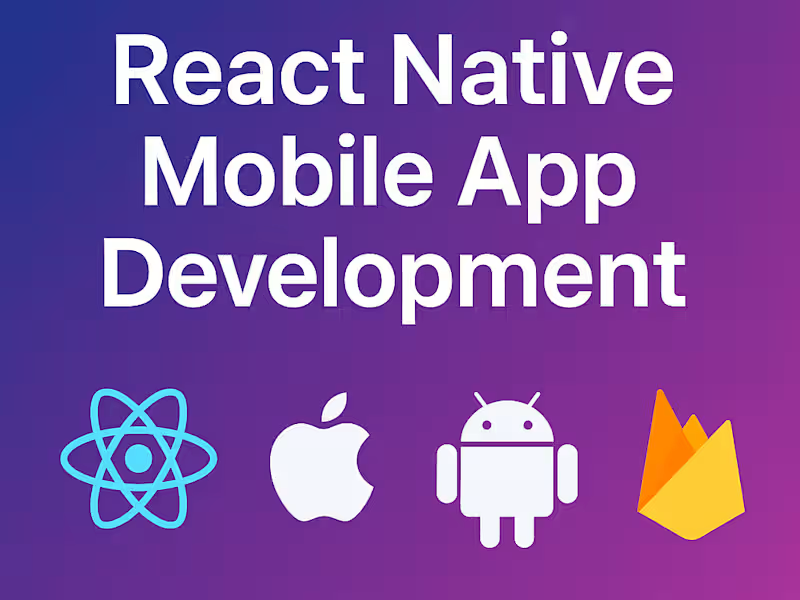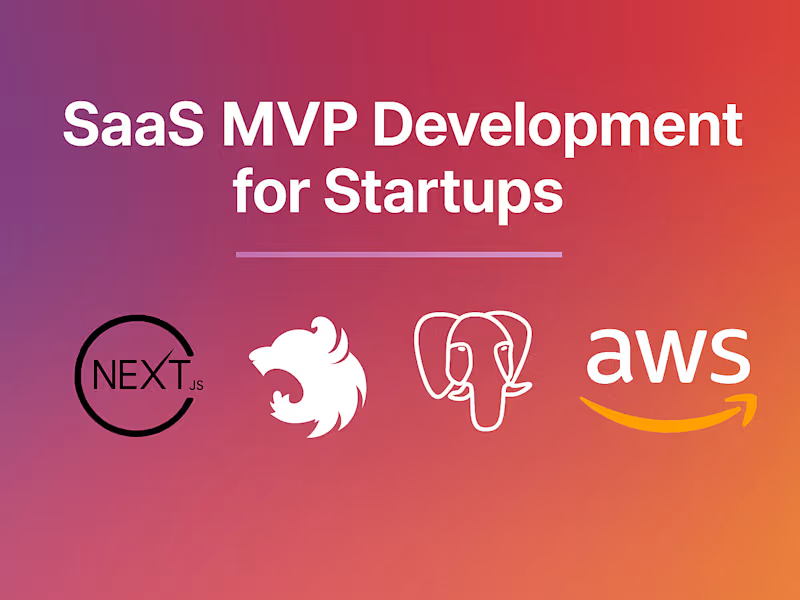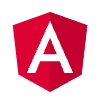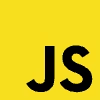
Custom Web UI Development with React & Next.jsM J
I build high-performance, SEO-friendly web applications using React and Next.js, tailored for responsiveness, speed, and scalability. With over 8 years of full-stack experience, I combine clean UI design with production-grade architecture—delivering pixel-perfect, developer-friendly solutions that are ready to scale.
What's included
Fully Responsive UI
The entire UI will be designed to work flawlessly across all devices—desktops, tablets, and smartphones—using modern CSS techniques like Flexbox, Grid, and media queries. Every page will be tested to ensure perfect usability and alignment.
SEO-Optimized Website Structure
Leveraging Next.js features like server-side rendering (SSR) and static site generation (SSG), the site will be optimized for search engines. Metadata, Open Graph tags, semantic HTML, and clean URLs will be implemented for higher discoverability and better rankings.
Clean, Scalable Code Architecture
The project will follow modern development patterns with a modular, maintainable folder structure, reusable components, and TypeScript (if needed). The codebase will be easy to understand and future-proof, making handover or scaling smooth.
Performance Optimization
Techniques such as lazy loading, image optimization, code splitting, and caching headers will be applied. This ensures faster load times and top scores in Google Lighthouse metrics (Performance, Accessibility, SEO, Best Practices).
Reusable UI Component Library
Custom UI components will be developed to match your brand and reused across the site. These components will be well-structured, styled with Tailwind or styled-components (based on preference), and ready to expand as the project grows.
Deployment-Ready Setup
The application will be fully configured for deployment with options for Vercel, Netlify, or a custom VPS. CI/CD pipelines and build scripts will be included to streamline updates and releases.
Cross-Browser Compatibility Testing
The website will be tested and verified across all major browsers (Chrome, Safari, Firefox, Edge) to ensure a uniform experience for every user.
Smooth Page Transitions & Animations
Subtle animations and interactive UI effects using Framer Motion or CSS transitions will be added to improve visual appeal and UX without compromising performance.
Environment Variable Support
All sensitive configuration such as API endpoints, tokens, or feature flags will be managed using .env files, with clear separation for development, staging, and production.
Custom 404 & Error Handling Pages
User-friendly 404 and error fallback pages will be added to keep the experience polished even when things go wrong—helping guide users back to relevant content.
Developer Documentation
Comprehensive documentation including setup instructions, tech stack summary, folder structure, and deployment steps. This ensures any future developer can jump in with minimal onboarding.
FAQs
You’ll just need a clear idea of your pages, content, and design direction (Figma, reference sites, or branding). I’ll guide you through the rest, including deployment and performance setup.
Yes. I use Next.js features like SSR/SSG, semantic HTML, and meta tags to ensure your site is optimized for search engines and indexed correctly.
Absolutely. I can convert Figma, Adobe XD, or even references from other sites into fully responsive and pixel-perfect code.
Yes. Every project is built mobile-first and thoroughly tested across devices and screen sizes for a smooth, responsive experience.
Yes. I can deploy your site on Vercel, Netlify, or your preferred hosting provider. I’ll handle the full setup and environment configurations.
Primarily React with Next.js, Tailwind CSS or styled-components, TypeScript (optional), and GitHub for version control. Stack can be adjusted to fit your preferences.
Yes. I can hook your site to any modern headless CMS for easy content updates—ideal for blogs, landing pages, or marketing sites.
Yes. I include clear, developer-friendly documentation on how to run, update, and maintain the project going forward.
Definitely. I offer retainer and hourly support packages for ongoing updates, feature additions, or maintenance.
Yes. I can integrate forms with services like Formspree, SendGrid, Mailchimp, HubSpot, or custom APIs.
Example work
Starting at$25 /hr
Tags
Angular
JavaScript
Next.js
React
TypeScript
Frontend Engineer
Web Designer
Web Developer
Service provided by

M J Sri Jayawardenepura Kotte, Sri Lanka
- 4
- Followers

Custom Web UI Development with React & Next.jsM J
Starting at$25 /hr
Tags
Angular
JavaScript
Next.js
React
TypeScript
Frontend Engineer
Web Designer
Web Developer
I build high-performance, SEO-friendly web applications using React and Next.js, tailored for responsiveness, speed, and scalability. With over 8 years of full-stack experience, I combine clean UI design with production-grade architecture—delivering pixel-perfect, developer-friendly solutions that are ready to scale.
What's included
Fully Responsive UI
The entire UI will be designed to work flawlessly across all devices—desktops, tablets, and smartphones—using modern CSS techniques like Flexbox, Grid, and media queries. Every page will be tested to ensure perfect usability and alignment.
SEO-Optimized Website Structure
Leveraging Next.js features like server-side rendering (SSR) and static site generation (SSG), the site will be optimized for search engines. Metadata, Open Graph tags, semantic HTML, and clean URLs will be implemented for higher discoverability and better rankings.
Clean, Scalable Code Architecture
The project will follow modern development patterns with a modular, maintainable folder structure, reusable components, and TypeScript (if needed). The codebase will be easy to understand and future-proof, making handover or scaling smooth.
Performance Optimization
Techniques such as lazy loading, image optimization, code splitting, and caching headers will be applied. This ensures faster load times and top scores in Google Lighthouse metrics (Performance, Accessibility, SEO, Best Practices).
Reusable UI Component Library
Custom UI components will be developed to match your brand and reused across the site. These components will be well-structured, styled with Tailwind or styled-components (based on preference), and ready to expand as the project grows.
Deployment-Ready Setup
The application will be fully configured for deployment with options for Vercel, Netlify, or a custom VPS. CI/CD pipelines and build scripts will be included to streamline updates and releases.
Cross-Browser Compatibility Testing
The website will be tested and verified across all major browsers (Chrome, Safari, Firefox, Edge) to ensure a uniform experience for every user.
Smooth Page Transitions & Animations
Subtle animations and interactive UI effects using Framer Motion or CSS transitions will be added to improve visual appeal and UX without compromising performance.
Environment Variable Support
All sensitive configuration such as API endpoints, tokens, or feature flags will be managed using .env files, with clear separation for development, staging, and production.
Custom 404 & Error Handling Pages
User-friendly 404 and error fallback pages will be added to keep the experience polished even when things go wrong—helping guide users back to relevant content.
Developer Documentation
Comprehensive documentation including setup instructions, tech stack summary, folder structure, and deployment steps. This ensures any future developer can jump in with minimal onboarding.
FAQs
You’ll just need a clear idea of your pages, content, and design direction (Figma, reference sites, or branding). I’ll guide you through the rest, including deployment and performance setup.
Yes. I use Next.js features like SSR/SSG, semantic HTML, and meta tags to ensure your site is optimized for search engines and indexed correctly.
Absolutely. I can convert Figma, Adobe XD, or even references from other sites into fully responsive and pixel-perfect code.
Yes. Every project is built mobile-first and thoroughly tested across devices and screen sizes for a smooth, responsive experience.
Yes. I can deploy your site on Vercel, Netlify, or your preferred hosting provider. I’ll handle the full setup and environment configurations.
Primarily React with Next.js, Tailwind CSS or styled-components, TypeScript (optional), and GitHub for version control. Stack can be adjusted to fit your preferences.
Yes. I can hook your site to any modern headless CMS for easy content updates—ideal for blogs, landing pages, or marketing sites.
Yes. I include clear, developer-friendly documentation on how to run, update, and maintain the project going forward.
Definitely. I offer retainer and hourly support packages for ongoing updates, feature additions, or maintenance.
Yes. I can integrate forms with services like Formspree, SendGrid, Mailchimp, HubSpot, or custom APIs.
Example work
$25 /hr
